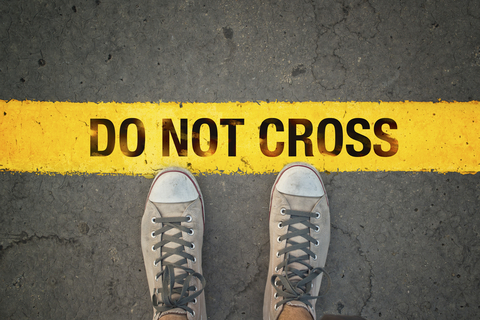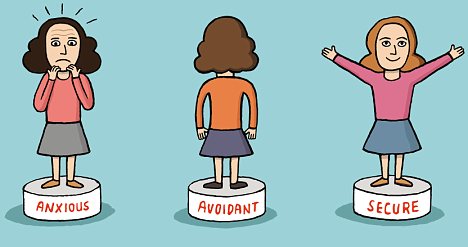I’m teaching a course on self-esteem for women for the Hamilton Family Health Team these days. I’m quite enjoying the content and the conversations.
I find it horrifying, but I suppose not surprising given the biases, inequalities and injustices of our society, how easy it is for many people to get stuck with such low self-value. I remember the Dalai Lama remarking on the same about our society when he first visited western countries – how is it possible for so many people to dislike themselves so profoundly? And is it principally in our western societies?… why?
Big questions.
Today I merely offer something from the course content that describes healthy and unhealthy boundaries. Again a culturally-specific phenomena.
Personal Boundaries are:
- Hard to define, but invisible, changing, unique to the individual
- Include the physical, emotional and spiritual
Setting healthy boundaries:
- Clear,
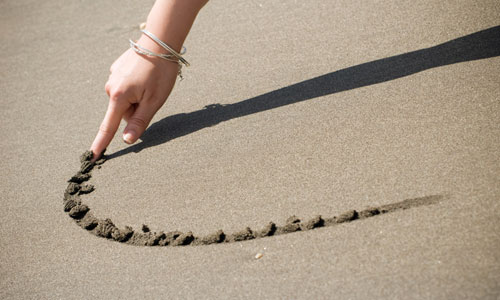 consistent with courage
consistent with courage - Firm yet flexible
- They protect us
- They empower us in our life
- They prevent others for misusing or manipulating us
- They set limits for us and others
- They promote healthy relationships and self-care
- … Others don’t have to agree, sometimes others don’t even have to know
Signs of Unhealthy Boundaries
- Saying yes when you want to say no
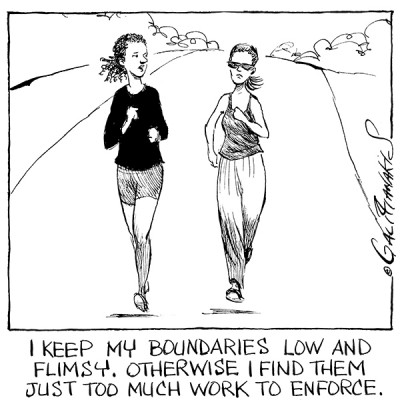
- Feeling guilty when saying no
- Going against your values to please someone else
- Staying silent when you have something to say
- Taking on someone else’s beliefs/values
- Doing little or nothing when mistreated
- Being touched when you don’t want to be
- Letting others interrupt you
- Not telling those close to you how you feel or what you think
- Over compliant
- Self-denial
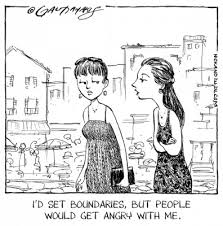
- Insecure/unsure
(n.b. many of these get complicated when looking at dynamics of abuse, i.e. “doing nothing” might be wise as it helps protect you in certain circumstances, but assuming abuse is not present these can serve as a general guideline)
How do I develop healthier boundaries?
A big question indeed. To me there are a few key parts to developing healthy boundaries:
- A value of self seems to underpin it.
- Then an ability to check in with yourself and listen to what you are feeling.
- Then an ability to speak and act assertively.
- And then again valuing yourself enough and being courageous enough to stick to your guns and be consistent, even if it means leaving a situation or relationship that is untenable, or going against the grain in some way.
If you sense you could use some shifts in this department, you might see where you get stuck in this process and make an action plan from there. What needs healing? What core beliefs need to change? What skills do I need to learn and practice? Who might be my allies on this journey? What resources can I tap into? What future do I want to step into?
“Vulnerability sounds like truth and feels like courage.
Truth and courage aren’t always comfortable, but they’re never weakness” Brené Brown.
I also like her Manifesto of the Brave and Broken Hearted. I also appreciate Marianne Williamson‘s writings. Please share your favourite resources in the comments below, or any thoughts.
